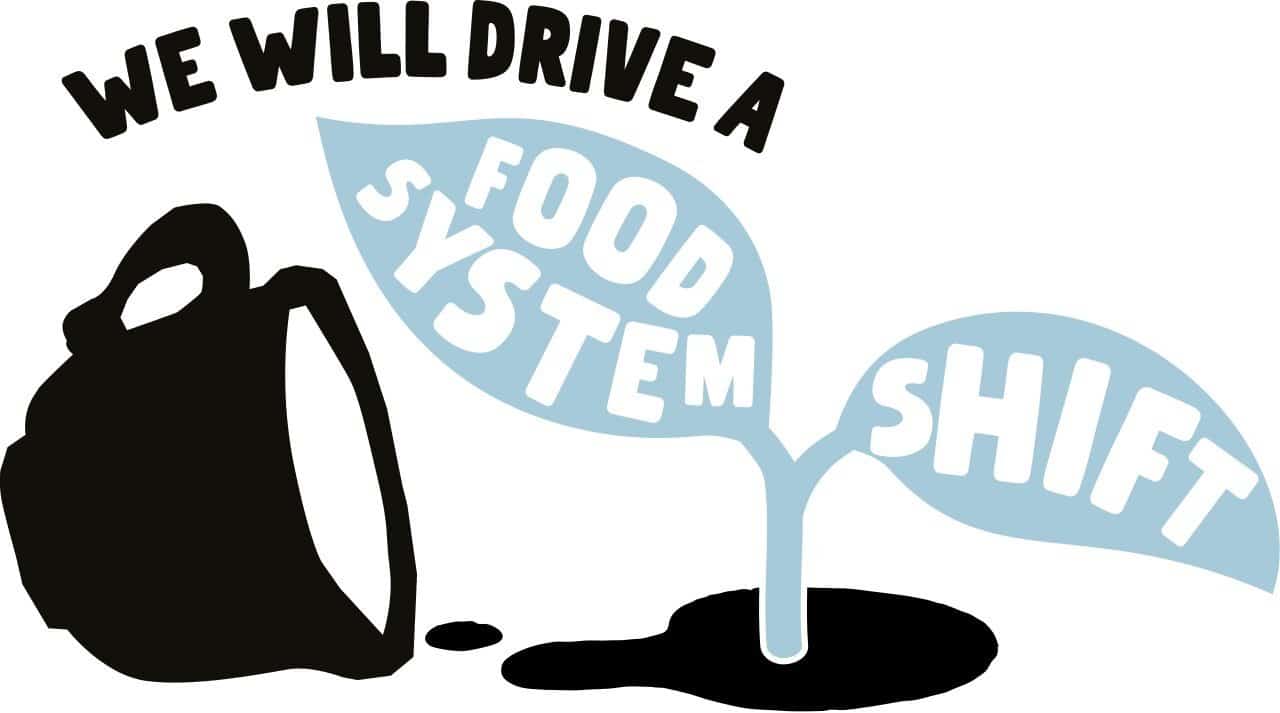Oatly Agrees to $9.25M Settlement Over Allegations of Overstated Environmental Claims – vegconomist

Swedish oat drink company Oatly has agreed to a $9.25 million settlement following allegations of greenwashing. The lawsuit, initiated by investor Kai Jochims in July 2021, claimed that Oatly’s promotional strategies had led to “artificial” inflation of its share prices by overstating product demand and environmental credentials. This settlement comes after a mediation session held in October, although it is still awaiting final court approval.
The lawsuit against Oatly surfaced shortly after the company’s successful $1.4 billion initial public offering (IPO), when the trading price of the company’s US shares dipped approximately 9%. This decline was attributed to accusations from a short-seller, labeling Oatly’s environmental claims as misleading.
The consolidated lawsuit encompassed various investor complaints, centralizing around allegations of financial misrepresentation and exaggerated environmental sustainability claims, particularly concerning Oatly’s market growth in China and its overall eco-friendly image. Upon reaching out to Oatly for a comment, a spokesperson told vegconomist, “As the settlement is still pending approval by the court, we cannot comment on it at this time.”
The agreed settlement comes as a result of the third revision of the lawsuit, following the dismissal of the two previous claims against Oatly. According to Just Food, US District Judge Alvin K. Hellerstein dismissed previous claims due to the “inability to present a legally adequate and credible series of claims” while still allowing a refiling of the claim.

For 2023, the company reported a YOY revenue increase of 8.5% to $783.4 million, with a 3.1% rise in volumes and a 5.6% enhancement in price/mix. The company has strategically realigned its focus, moving away from in-house manufacturing. This shift initially resulted in a one-time impairment charge that affected profits. However, this strategic pivot is aimed at enhancing long-term profitability.
Environmental initiatives
Moreover, Oatly has actively pursued initiatives to solidify its environmental commitments. The company launched the F.A.R.M (Farming, Action, Regeneration, Movement) to collaborate with farmers across Canada, Sweden, Finland, the UK, and the US. This movement seeks to reduce greenhouse gas emissions and improve agricultural practices, with a goal of slashing Oatly’s climate footprint by 70% per liter of oat drink.
This is not the first time a plant-based company has found itself up against legal scrutiny. As the plant-based sector continues to gain ground, traditional dairy and meat industries have increasingly leveraged legal battles to protect their market share. Over the past year, multiple lawsuits have been initiated in regard to product labeling and how it ‘misleads’ consumers using ‘deceptive practices,’ including recent lawsuits with Revo Foods, NotCo, and the proposed FAIR Labels Act in the United States.

Ongoing regulatory scrutiny
Oatly recently emerged victorious in a four-year legal dispute against DairyUK Ltd. over its “post-milk generation” trademark. The High Court ruled in favor of Oatly, saying that the slogan does not misleadingly suggest dairy content.
Despite facing regulatory scrutiny, as seen in a UK advertising campaign being banned in January 2022 for “misleading” environmental claims, Oatly remains a key player in the plant-based industry, consistently launching new products and securing partnerships in both retail and foodservice.
According to Oatly’s Q3 filing, Oatly and Jochims, along with the other plaintiffs, reached a settlement agreement in November after a mediation session. However, the settlement is still subject to court approval, and Oatly is yet to make a statement.




